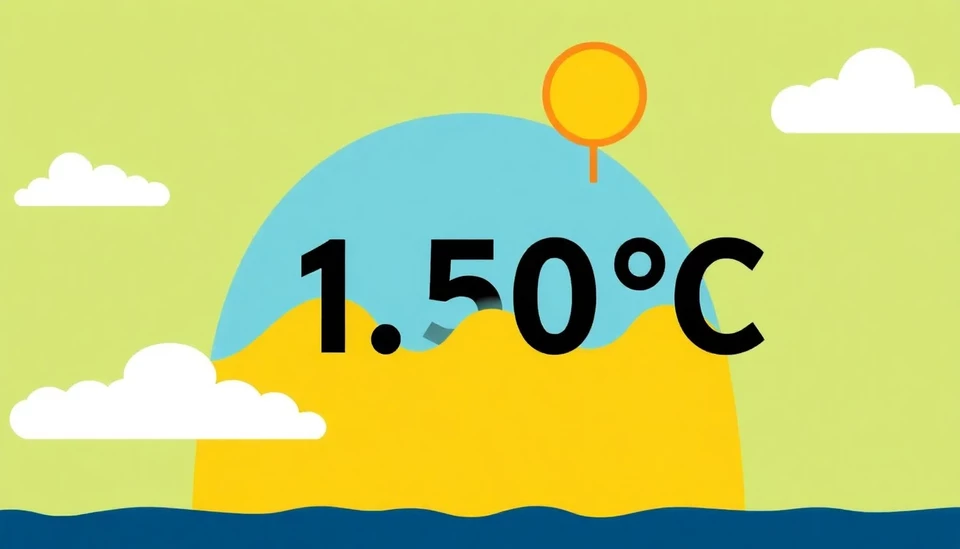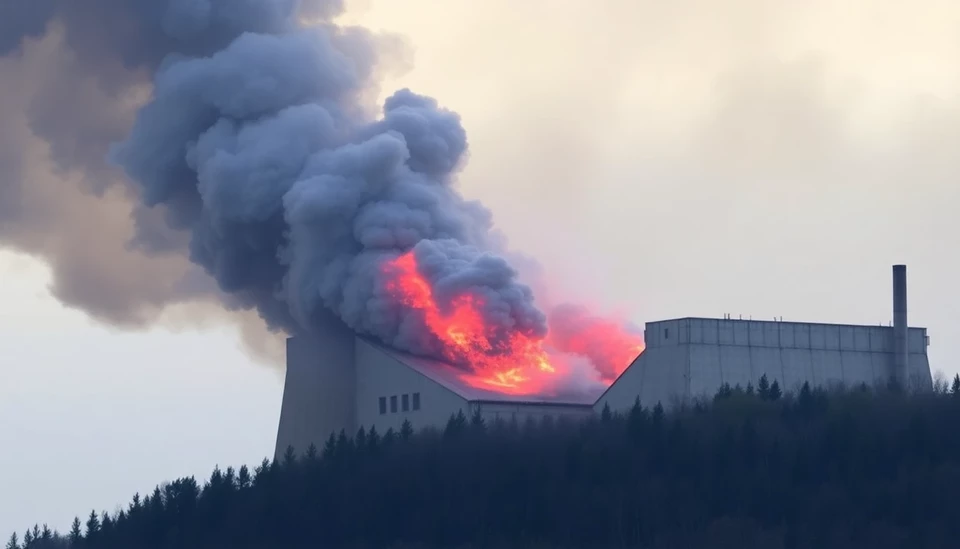
In a startling development that underscores the urgency of climate change, experts predict that 2024 will become the first year in recorded history to exceed the crucial 1.5°C threshold above pre-industrial levels, a key benchmark established under the Paris Agreement. As global temperatures rise at an alarming rate, this potential breach raises significant concerns about the long-term impacts on the climate and the environment.
Recent analyses combining data from various climate models suggest that the world is on course to face unprecedented heat levels, which could overshoot the 1.5°C target earlier than anticipated. The Intergovernmental Panel on Climate Change (IPCC) and other climate research bodies have long warned that allowing temperatures to rise beyond this limit could lead to irreversible damage to ecosystems and exacerbate extreme weather events.
The projected spike in temperature for 2024 comes as nations around the globe grapple with the effects of climate change already manifesting in more frequent and severe heatwaves, droughts, and flooding. In particular, several regions are witnessing devastating wildfires and significant shifts in weather patterns that disrupt agriculture and threaten food security.
Scientists note that while natural climate variability is a contributing factor to the rising temperatures, human-induced greenhouse gas emissions remain the primary driver. The combustion of fossil fuels, deforestation, and industrial processes have collectively altered the Earth's climate system far beyond its natural bounds. This is evidenced by the increasing concentrations of carbon dioxide and other greenhouse gases in the atmosphere, which continue to rise despite efforts to mitigate emissions.
International responses to climate warnings have been varied. While many nations have vowed to move towards carbon neutrality and reduce emissions, others remain hesitant or have delayed action, primarily due to economic and political challenges. As the world approaches what is predicted to be a landmark year in climate history, the pressure to implement substantial policy changes and swift action has become more pronounced.
Environmentalists and climate activists are urging governments to take decisive measures immediately, emphasizing that every fraction of a degree matters. A failure to contain the rise in temperatures significantly impacts biodiversity, leads to loss of habitat, threatens water supplies, and places millions of lives at risk. The urgency for collective action to address climate change is echoed by scientists who reiterate that the longer the world waits to act, the more severe the consequences will be.
As we approach the end of 2023, the focus intensifies on upcoming international climate negotiations, where leaders will discuss strategies and commitments aimed at stabilizing the climate. There is hope that new agreements could bring about transformative changes, bolstering global cooperation in combating climate change and ensuring a sustainable future for generations to come. However, the success of these initiatives will largely depend on the political will and commitment of governments worldwide.
With the stark possibility of breaching the 1.5°C limit in sight, the coming months will be critical in shaping the narrative of the climate crisis and the actions taken to address it. The world remains watchful, as the stakes continue to grow higher for the planet and its inhabitants.
<>#> #ClimateChange #GlobalWarming #ParisAgreement #Environment #ClimateCrisis #Sustainability #GreenhouseGases #ClimateAction #<
Author: Megan Clarke




